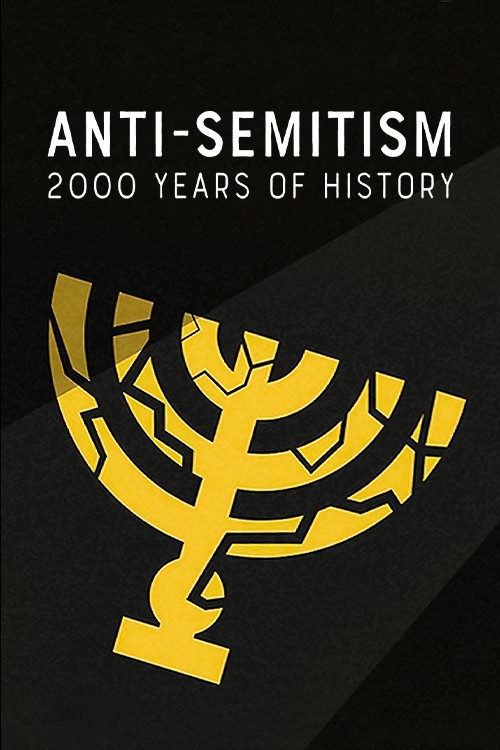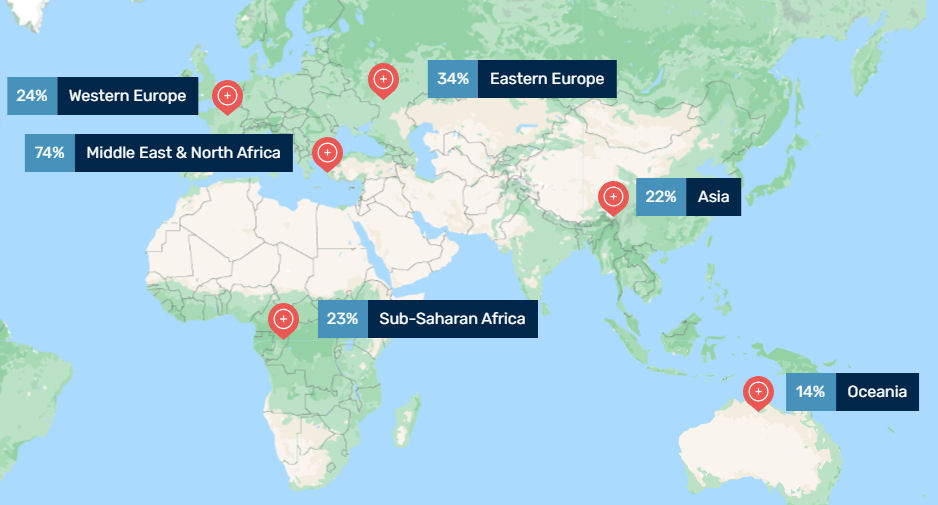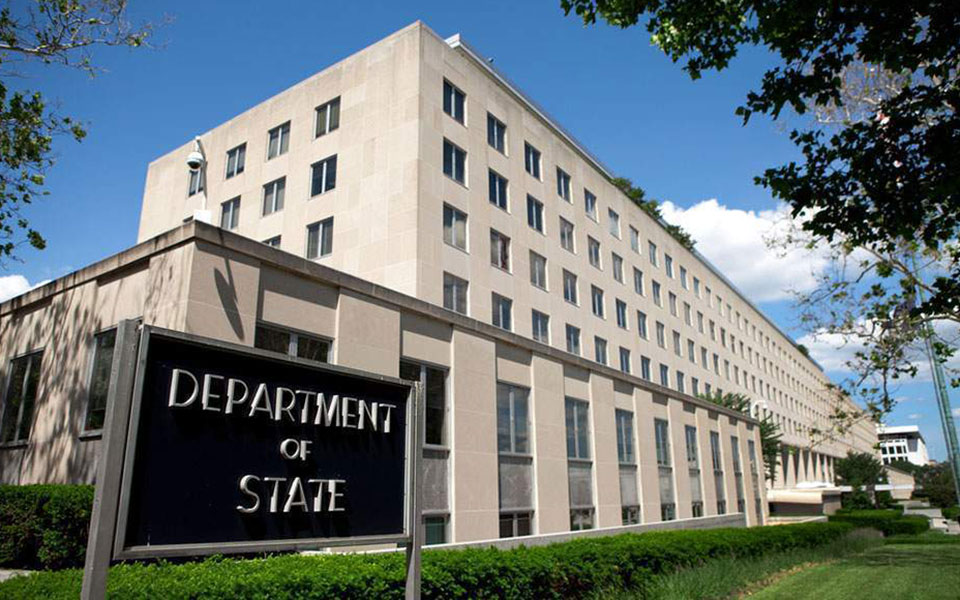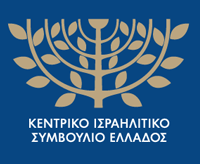
- Informations
In the electronic review of Jewish issues "K. La Revue: Les Juifs, l'Europe, le XXIe siècle" (22.2.2024) publishes the first part of journalist Sofia Christoforidou's research on anti-Semitism in Greece. Read on HERE the article.
The research was carried out on behalf of DILCRAH - France's Interministerial Commission to Combat Racism, Anti-Semitism, and LGBTQ Hatred - as part of a European Survey on the State of Public Policy to Combat Anti-Semitism and reveals the alarming spread of of prejudice against Jews in Greek society.
Through testimonies from Greek Jews, politicians and opinion polls, it becomes clear that anti-Semitism is an integral part of the Greek political landscape, although it is less violently expressed than elsewhere. The article includes statements by G.G. of Religion G. Kalantzis, the Special Envoy of the Ministry of Foreign Affairs for Anti-Semitism, Ambassador Chr. Aleiferis, the President of KISE and IKTH D. Saltiel, the historian and member of the Greek Committee of IHRA Dr. Leon Saltiel, and Jews of Thessaloniki such as Iosif Vaena and Pola Taramboulos.
- Informations
More: Report of Incidents against places of religious importance in Greece in 2022

- Informations
The "History of Anti-Semitism" refers to the documentary series that was first broadcast by ERT3 and was completed in 4 hour-long episodes.
You can watch the documentary series on ERTFLIX and its website HERE.
The documentary presents a historical and "scientific" investigation into understanding the complexity of anti-Semitism. Sometimes called "the longest-lived hatred," anti-Semitism has appeared in many places around the world and in multiple forms for more than two thousand years. This unique persistence, as well as the heterogeneity of the phenomenon, have given rise to numerous ideological exploitations, political manipulations and anachronistic interpretations.
The ambitious documentary unfolds a story of demonization that is deeply intertwined with the societies, countries and ages in which it takes place. It is the story of the anti-Semites, those who, over time, made the Jews their worst enemies.
More: "HISTORY OF ANTI-SEMITISM" NEW DOCUMENTARY SERIES ON ERTFLIX

- Informations

- Informations
His report was made public State Department for religious freedoms. It is addressed to Congress and describes the state of religious freedom around the world, containing a separate chapter for each country.
Reports on Greece
NGOs and support groups reported no significant progress during the year in resolving the of Holocaust-era Jewish property claims, including foreign citizens. Several Holocaust-era property claims remained open as of year's end.
On February 13, Mr Minister of Health Pleuris apologized to the Jewish community for "offensive views" he had expressed while a member of the LAOS party. Pleuris said he "categorically condemns anti-Semitism" and "Holocaust revisionism" and had distanced himself from his father, Konstantinos Pleuris, who wrote a book that referred to the Holocaust as a "fairy tale". The minister acknowledged that he "grew up in an environment with a strong anti-Semitic influence."
In May, a court of Athens condemned a fallen monk to a one-year suspended prison sentence for inciting violence against Jews. On February, an Athens court convicted two human rights activists to a suspended 12-month prison sentence for falsely accusing a Greek Orthodox Metropolitan of racist and anti-Semitic hate speech.
In March, President of the Republic Katerina Sakellaropoulou and local officials participated in march in Thessaloniki for the memory of the victims of the Holocaust.
On July 20, the parliament passed a law designating the government-sponsored Mosque of Athens in the Botanikos area as the religious center of Muslims in Greater Athens (Attica Region). The law assigned the Administrative Committee of the Mosque of Athens to advise the government on Islam.
In August, parliament amended the process by which the government appoints muftis in Thrace.
*Data from website ERTNEWS.GR, 15.5.2023
READ OUT HERE the entire report on Greece
- AN OVERVIEW OF ANTI-SEMITIC EPISODES IN THE EU 2011 – 2021. FRA REPORT
- INTERNATIONAL CONFERENCE OF THE GREEK REPRESENTATION OF IHRA ON ANTI-SEMITISM ON THE INTERNET. IOANNINA 7-9 OCTOBER 2022
- REPORT OF THE G.G. OF RELIGIONS FOR INCIDENTS IN PLACES OF RELIGIOUS SIGNIFICANCE IN GREECE IN 2020
- "YES AND A GREEK FIRST": ARTICLE ON THE RESULTS OF A EUROPEAN SURVEY ON ANTI-SEMITISM

